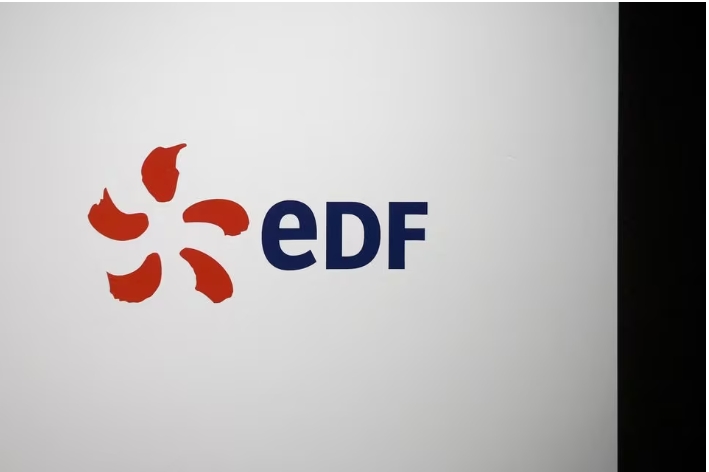
Here is what the agreement aims to do and how.
REFERENCE PRICE
The agreement aims to stabilise EDF's electricity prices for consumers and companies at 70 euros per megawatt hour (MWh) on average over 15 years from 2026, after current regulated prices expire.
The new reference price aims to protect retail consumers and companies from fluctuations in the market while also creating an incentive for companies and other power companies who rely on EDF's production to buy long-term contracts.
The price is also intended to be sufficient for EDF to cover production costs while generating sufficient income to invest in its existing fleet as well as build new reactors.
REDISTRIBUTION MECHANISM
Under the agreement, EDF is to market power contracts around the reference price, but because the price is based on an average expected over 15 years, fluctuations over time are possible.
Therefore, the agreement also creates a mechanism to protect clients if unforeseen factors pull prices higher, like the surge in prices last year following the war in Ukraine.
It sets a first threshold of 78-80 euros per MWh at which 50% of the excess revenue EDF earns will automatically be redistributed to its clients via their bills.
If prices rise further, a second threshold of 110 euros will see 90% of the extra income sent back to clients.
The agreement includes review clauses to allow for the reference price to be reconsidered over time, but the thresholds are intended to remain fixed, a finance ministry official said.
WHAT'S NEXT?
Consultations are to be carried out with consumer and business groups, other power providers and market actors in the coming months. The government and EDF will then meet in six months to ensure that the agreement can be implemented.
In the mean time, the government will seek approval from EU competition authorities, but two French finance officials said on Tuesday the bloc's new power market design agreement allows for excess income to be redistributed.